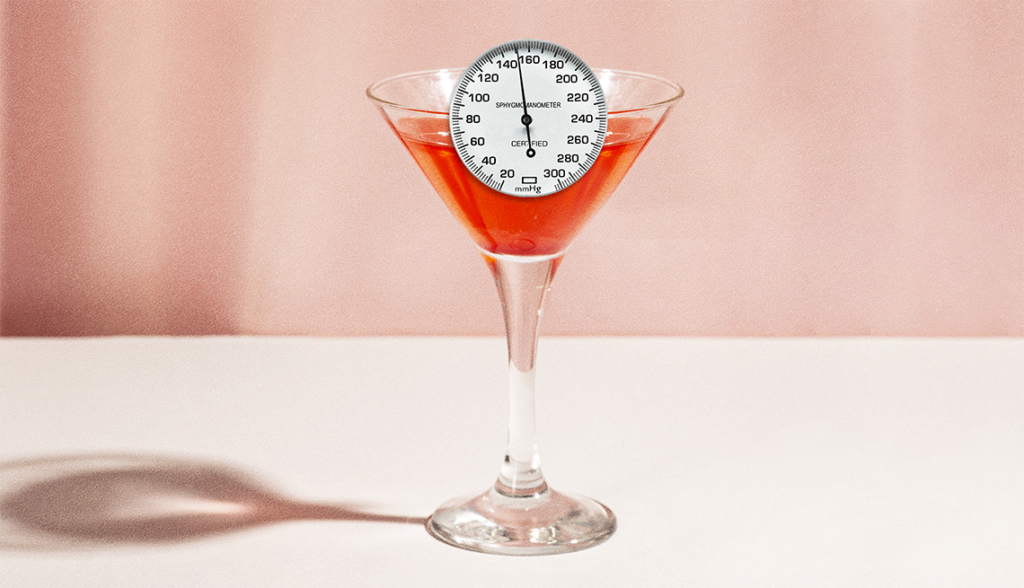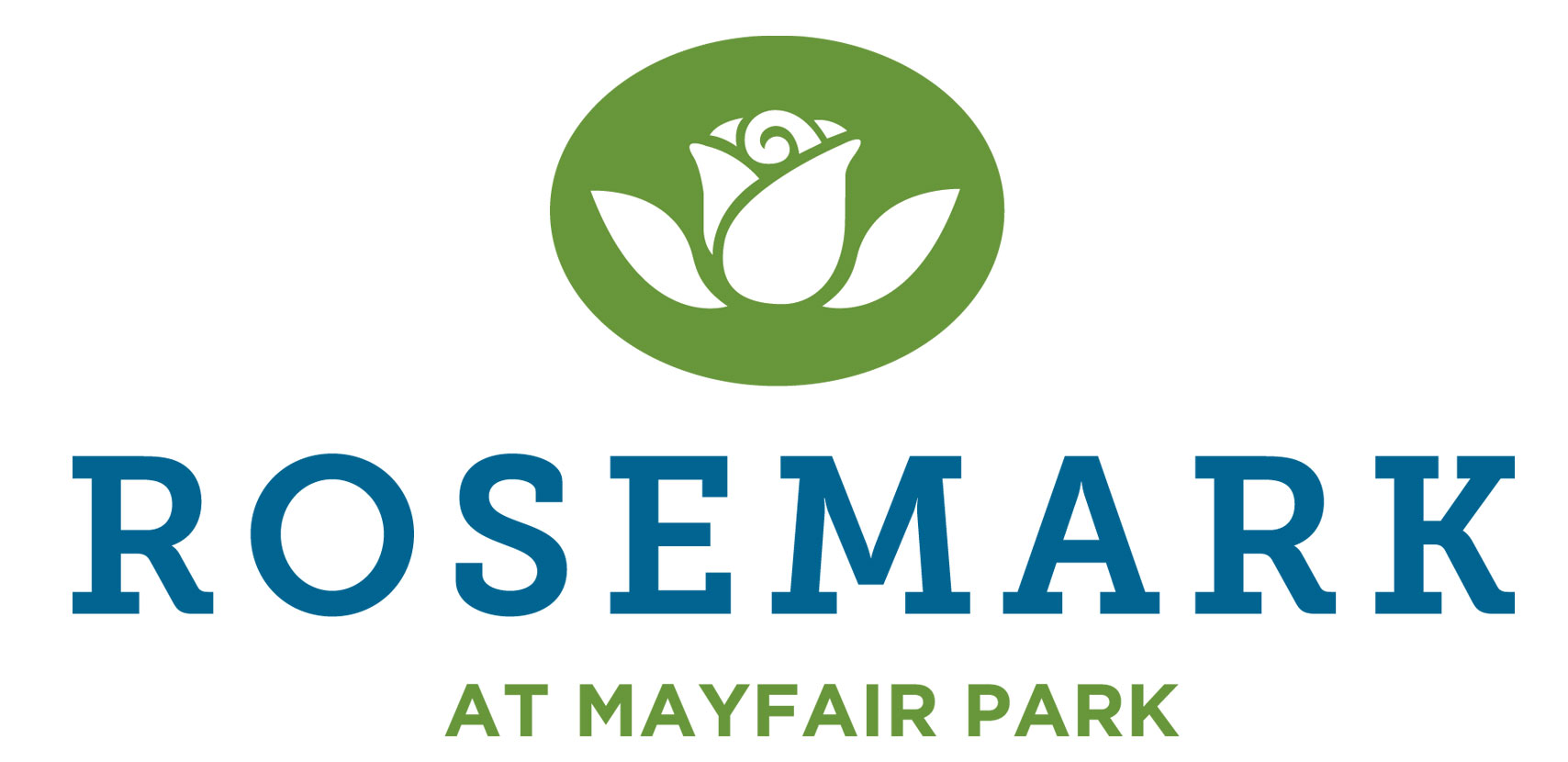Does Alcohol Raise Blood Pressure?

Talk about taking some of the “happy” out of happy hour.
Experts have known for a while that heavy drinking — meaning eight or more drinks per week for women and 15-plus per week for men — raises your risk for high blood pressure (a.k.a. hypertension). When blood pressure, the force of blood flowing through your arteries, is consistently high, that ups your risk for heart attack, stroke and heart failure, as well as vision loss and kidney disease. Now experts have reason to believe even moderate drinking carries risks.
A review of research published in the journal Hypertension adds to mounting evidence suggesting that even light drinking may be enough to increase blood pressure over time.
The 2017 American Heart Association and American College of Cardiology guidelines consider readings over 120/80 as elevated blood pressure, and readings over 130/80 as hypertension. Although both numbers in a blood pressure reading are important in terms of diagnosing and treating hypertension, doctors tend to focus on the top number (a.k.a. systolic pressure). That’s the one that rises steadily with age and is a strong predictor of cardiovascular disease. Researchers found a clear link between increases in systolic pressure and the number of alcoholic drinks consumed daily.
“The population that drinks moderately is two times at higher risk for getting hypertension than those who don’t drink,” says Prashant Vaishnava, M.D., assistant professor of medicine at Columbia University Vagelos College of Physicians and Surgeons, and codirector of inpatient clinical services for Columbia Interventional Cardiovascular Care. “Those who drink heavily are three times as likely to be hypertensive” as those who abstain.
Does that mean you have to give up drinking altogether? How risky is the occasional drink? Answers ahead.
How does alcohol affect blood pressure?
Paradoxically, research suggests that booze may lower blood pressure at first — specifically, up to 12 hours after ingestion — but it increases blood pressure after that. Why the reverse course?
To learn more about alcohol’s impact on blood pressure, from AARP, CLICK HERE.
